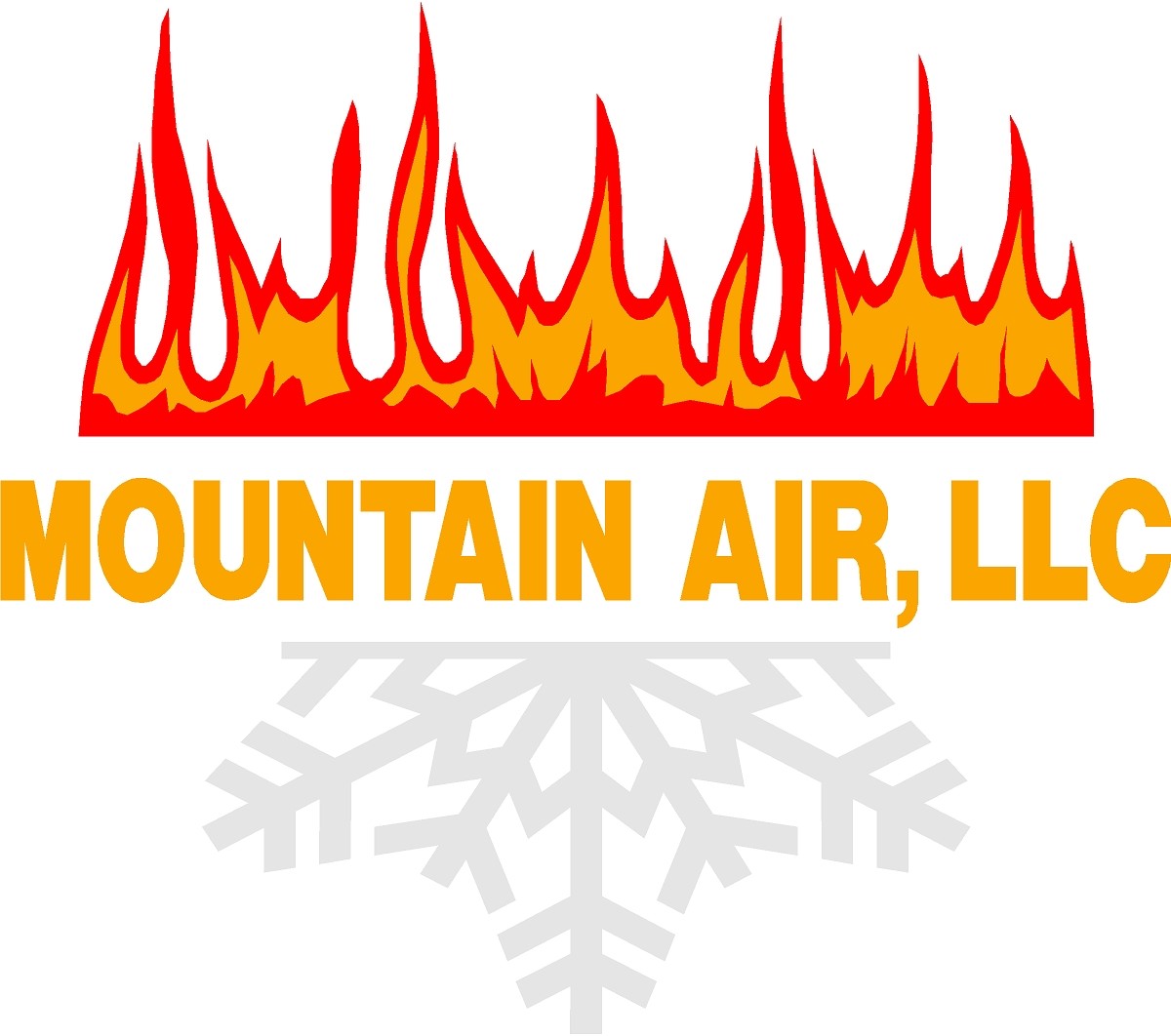Purchasing your first home is thrilling. You’re likely juggling a dozen things or more about making the right choice. We believe that gaining insight into your potential new HVAC system is vital. The property’s HVAC system represents a substantial investment and source of potential long-term costs, illustrating why a detailed inspection helps all first-time homebuyers.
In the following guide, we’ll outline seven tips for discovering all there is to know about a home’s heating and cooling system. And if you want a deeper opinion from the pros, feel free to call Mountain Air. Our seasoned technicians can weigh in on your options with industry insights that are second to none.
1. Which Kind of HVAC System Does the Home Use?
Start by identifying what type of HVAC system the home has. Furnaces generally last longer than air conditioners, and newer types of HVAC systems like heat pumps boast average life spans that are impressively long. Getting the details on the make and specific model ensures you have a clear understanding of how much maintenance it will require.
2. How Long Ago Was the System Installed?
It’s just as smart to learn how old the HVAC system is when you’re looking at a new home. For the most part, HVAC systems last about 10-12 years. Having the knowledge of when it was installed helps you plan for possible repair needs or when it might break down. Older systems are at a higher risk of problems, so budgeting for a replacement unit could be necessary sooner than you thought.
3. Is the Warranty Still in Effect?
Be sure to check the HVAC system is covered by a warranty. If it is, this can lower maintenance expenses. HVAC warranties often cover parts and labor, but specifics will vary. Make sure you go over any terms that aren’t familiar to ensure you understand your coverage and potential out-of-pocket costs.
4. Has the System Ever Been Professionally Serviced or Maintained?
Don’t forget to check the maintenance history of the HVAC system, if the records are accessible. This service history can demonstrate if there have been regular problems or how often maintenance is performed. Inquire about key tasks such as changing the air filter, which means it enjoyed more regularly scheduled tune-ups.
5. Are You Aware of the System’s Energy Efficiency Ratings?
Finding a home that features an HVAC system with strong energy efficiency can lead to more manageable utility bills and a smaller environmental impact. Check out the seasonal energy efficiency ratio (SEER) ratings for air conditioning along with the annual fuel utilization efficiency (AFUE) for furnaces. High SEER ratings mean more efficient cooling throughout the season, while high AFUE ratings indicate that the fuel is more effectively burned for useable heat.
6. Did You See Any Problems After Completing an Informal Inspection?
Even without experience in HVAC systems, you can still take a moment to check out the HVAC system on your own. Watch closely for signs of problems that weren’t mentioned by the seller or real estate agent. This might consist of odd sounds, unequal airflow and attempts to hide any obvious damage.
7. Have You Sought Out Expert Advice?
If you’re not quite sure about the condition of the HVAC system, it’s never a bad idea to get an assessment and recommendation from experienced HVAC technicians. They can spot things you may not know about, including leaks in the refrigerant, bad electrical connections or inefficient ductwork.
A Chat with Mountain Air Helps Take the Stress Out of Your Home-Buying Journey
Choosing your first home is meant to be a joyful event, and Mountain Air will do everything possible to ensure that doesn’t change. Get in touch with us at 304-413-1287. We can discuss how our HVAC services help make this process smoother, giving you what you need to dive into home-ownership with confidence.
